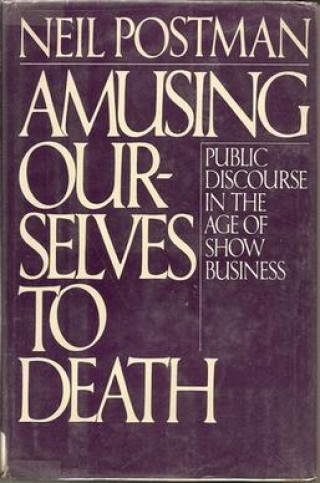Well, let’s try to answer that. The premise of your book isn’t that television made Trump president, but you do argue that Trump’s presidency is only possible because of TV. Why is that?
James Poniewozik
Well, there are a couple elements to that. One is that Donald Trump’s career has been primarily a media career. And I’m not just talking about The Apprentice but going all the way back to his tabloid exploits and talk show appearances in the ’80s. If Trump were just a businessman, he’d be a nonentity. He’s only “Donald Trump” because of television.
The other part, and I want to be emphatically clear about this because people like to oversimplify things by saying TV makes people dumb or brainwashes gullible people. I think it’s more complicated than that. Television is the nervous system of our culture. It’s our principal means of gaining information and disseminating it and communicating to one another. And it’s the arena, for decades and decades now, through which politics has taken place.
I write about the media theorist Neil Postman in the book because one of his great insights is that television as a visual media promotes a different kind of discourse than text does. It’s a visual medium, thus it appeals more to emotion. So that lends itself to a kind of argument and rhetorical combat in which Trump has thrived his entire life. His whole media persona is built on conflict. He’s the guy who “wins” and that meshes perfectly with television, especially reality television culture.
Sean Illing
How exactly did TV prepare us for candidate Trump, for the idea of Trump as president?
James Poniewozik
The evolution of the 24-hour cable news format is a big part of the story. The business model of, say, Fox News is to excite and agitate the audience all the time, to give people a reason to tune in even when there isn’t news going on.
But over time that model promulgates the idea that the way politics are argued on TV, the buttons that it presses, the way people dunk on each other — that’s not just a means toward political ends, but it becomes the action of politics itself. And a huge part of Trump’s appeal is that he absolutely embodies this form of politics, or this approach to politics. He creates emotions and conflicts in media format and people saw it and thought, “Oh yeah, this is what politics looks like.”
